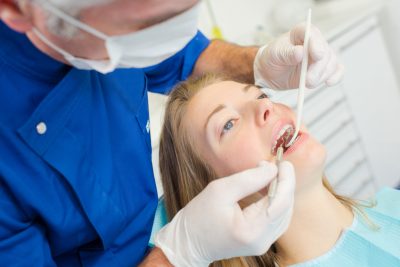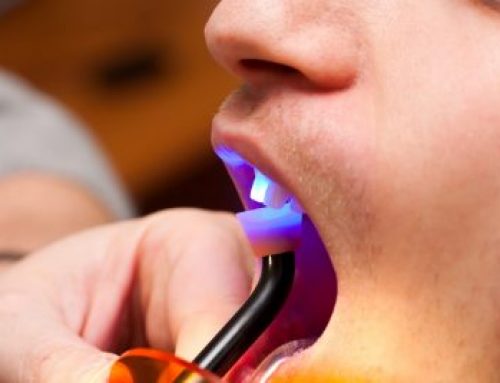 Over the last few years, more and more people have started showing interest and trust in dental bonding. Suddenly, the demand for dentists with experience in this particular area has also increased. Dental bonding is a tricky procedure. Thus, if you are planning to get this procedure done, make it a point to find someone who has experience in the area. Furthermore, do not pick a dentist who is performing this procedure five times a day — with increased frequency also increases the chances of mistakes and mishaps happening.
Over the last few years, more and more people have started showing interest and trust in dental bonding. Suddenly, the demand for dentists with experience in this particular area has also increased. Dental bonding is a tricky procedure. Thus, if you are planning to get this procedure done, make it a point to find someone who has experience in the area. Furthermore, do not pick a dentist who is performing this procedure five times a day — with increased frequency also increases the chances of mistakes and mishaps happening.
In this article, we tell you everything there is to know about dental bonding so that you can make an informed choice about whether or not this procedure is right for you and can you trust your dentist with this procedure. We will start with the very basics — what is dental bonding?
Dental Bonding Explained
Dental bonding or tooth bonding is a process in which dentists fix a broken, fractured, or decaying tooth with the help of a composite resin.
Until a few years ago, veneers were dentists’ favorite way of mending fractured, broken, and decaying teeth. However, the problem with veneers is that they must be customized to fit a person’s mouth properly. More importantly, the process of placing veneers takes more than just one sitting.
In the case of dental bonding, the composite used makes it possible to complete the entire procedure in a single sitting. It is, thus, that dental bonding has become immensely popular over the last few years.
Different Types of Dental Bonding
Based on the type of composite used, dental bonding is divided into two different types: direct and indirect.
In the case of direct bonding, the composite is placed over one or multiple teeth, and then the composite molds itself to fit the shape of the tooth. Dentists prefer to do direct bonding for anterior teeth.
In the case of indirect bonding, the restorations to be used on teeth are prepared in a laboratory. Therefore, one has to make a trip to the dental laboratory a few days before the procedure starts. Dentists prefer to do indirect bonding for those patients who have to have multiple teeth restored.
Dentists Use Adhesives to Hold Restorations in Place
If you have been to a dentist a couple of times, you must know that adhesives are quite popular with dentists and are regularly used in dental procedures. Adhesives are used in dental bonding too, they hold the restorations in place. Until a few years ago, component bonding agents were used for this purpose. However, given how tricky using component bonding agents can be, dentists have now started using one-bottle adhesives for the procedure.
The Final Word
Dental bonding is a fairly popular process and many dentists will tell you they are experts. However, do not believe them without doing your research. Dentistry is advancing with each passing day and new techniques are emerging. Therefore, choose to trust only the very best with your teeth and mouth. Dental bonding is a tricky procedure and therefore, you must find the right person to do the job.
If you are looking for a dentist, HPS Advanced Dental Care would love to see you. Dr. Heather are gladly accepting new patients.
We are located at 4741 24 Mile Rd. Shelby Township, MI 48316, and we can be reached at (248) 652-0024. We look forward to meeting you!


